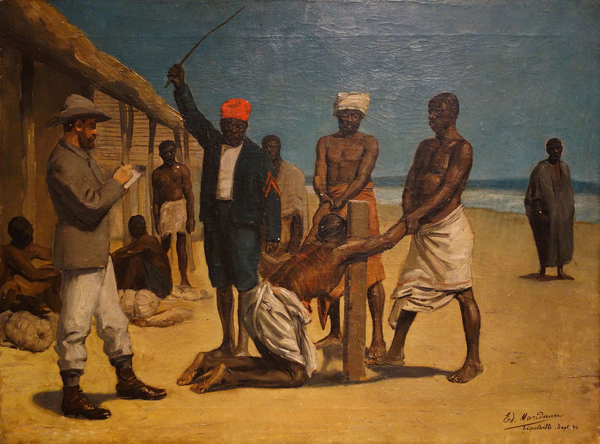ENTRE PROGRESSISME ET CONSERVATISME : STRATEGIES DISCURSIVES ET ENJEUX RHETORIQUES DANS LES DISCOURS OPPOSES DE DEUX FEMMES POLITIQUES AU MAROC
BETWEEN PROGRESSIVISM AND CONSERVATISM: DISCURSIVE STRATEGIES AND RHETORICAL ISSUES IN THE OPPOSING DISCOURSES OF TWO WOMEN POLITICIANS IN MOROCCO
Habiba MATNOUSSI et Hafida EL AMRANI
Habiba.matnoussi@uit.ac.ma Helamrani21@gmail.com
Université Ibn Tofaïl de Kénitra
Faculté des Langues, des Lettres et des Arts
Laboratoire Langage et Société
Résumé
Cet article propose une analyse textuelle comparative des discours de Nabila Mounib et Bassima Hakkaoui, deux figures politiques marocaines aux orientations idéologiques opposées. À travers l’étude des figures de style, notamment la métaphore et l’hyperbole, ainsi que l’examen des champs lexicaux et des thèmes récurrents, il met en lumière leurs stratégies discursives respectives. Alors que Mounib adopte une rhétorique militante et universaliste, insistant sur l’émancipation et la rupture avec les traditions, Hakkaoui privilégie un discours ancré dans la continuité, valorisant la stabilité et les références culturelles et religieuses marocaines. L’opposition entre leurs discours illustre ainsi les tensions entre modernité et tradition dans le débat public marocain. Cette étude montre également que, malgré leurs divergences, ces deux femmes doivent naviguer dans un espace politique où la parole féminine est soumise à des contraintes spécifiques. Enfin, cette analyse permet de mieux comprendre comment les discours des femmes en politique façonnent les représentations sociales et influencent les dynamiques de changement dans la société marocaine contemporaine.
Mots clés : Discours ; politique ; féminin ; stratégie discursive ; analyse textuelle
Abstract
This article offers a comparative textual analysis of the speeches of Nabila Mounib and Bassima Hakkaoui, two Moroccan political figures with opposing ideological orientations. Through a study of figures of speech, in particular metaphor and hyperbole, and an examination of lexical fields and recurring themes, it sheds light on their respective discursive strategies. While Mounib adopts a militant and universalist rhetoric, insisting on emancipation and a break with tradition, Hakkaoui favours a discourse rooted in continuity, valuing stability and Moroccan cultural and religious references. The opposition between their discourses thus illustrates the tensions between modernity and tradition in Moroccan public debate. This study also shows that, despite their differences, these two women have to navigate in a political arena where women’s voices are subject to specific constraints. Finally, this analysis provides a better understanding of how women’s political discourse shapes social representations and influences the dynamics of change in contemporary Moroccan society.
Keywords : Discourse; politics; women; discursive strategy; textual analysis




